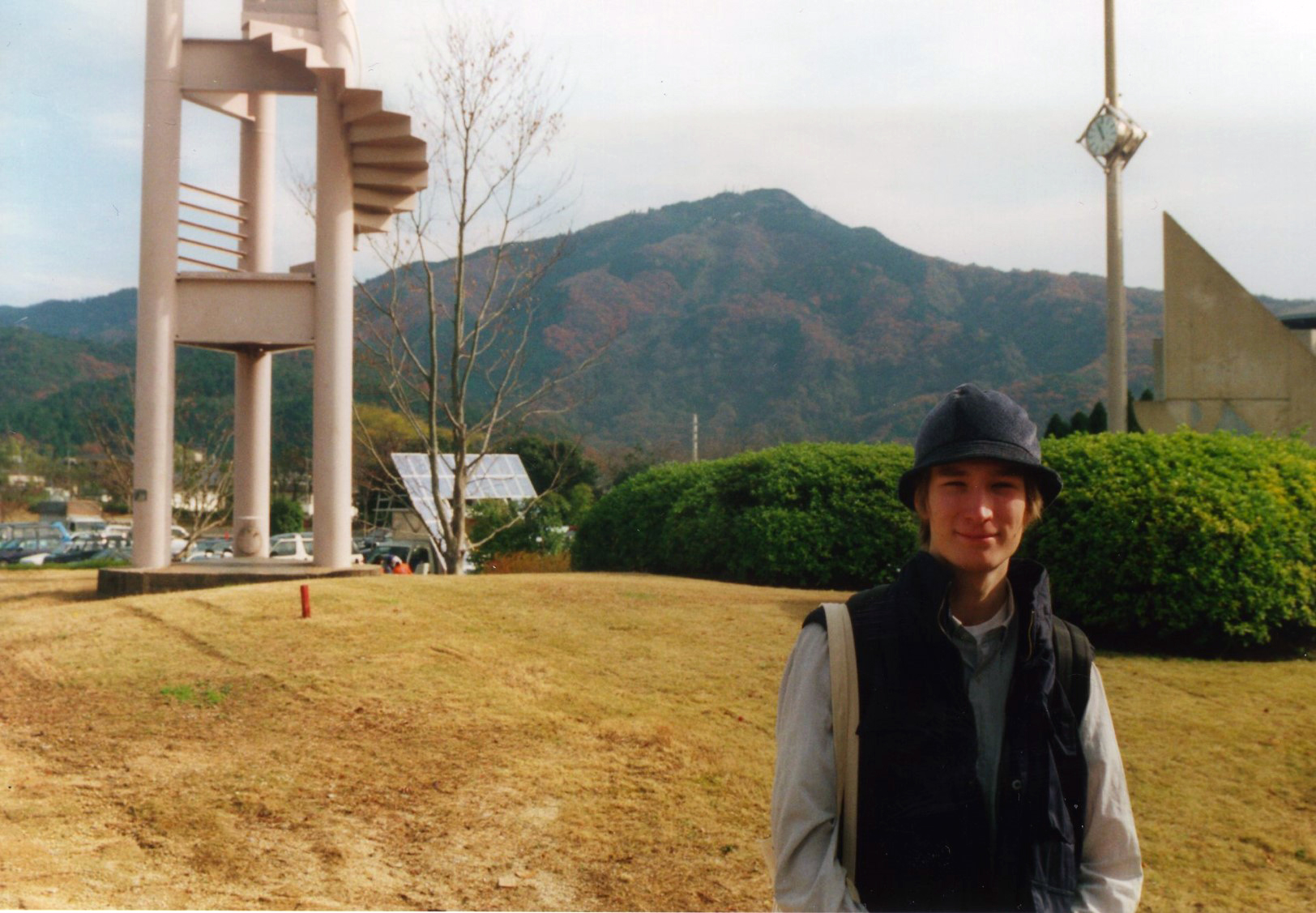Two years ago, the countries of the world adopted the Paris climate agreement. Twenty years ago the Kyoto Protocol was accepted.
The efforts to forge an international climate policy already span about three decades. There have been dozens of summits and innumerable late working nights. What have we achieved so far?
The easy answer would be a bleak one: too little, too late. Since Kyoto in 1997, global emissions have increased by a third.
The Kyoto Protocol proved to be lacking in many respects. Even when it was signed, it only covered the emissions of the industrialised countries, and the United States later withdrew from the agreement. The emissions targets were not sufficient and were further weakened by many loopholes.
The years following Kyoto were difficult. The negotiations on future emissions targets collapsed in Copenhagen in 2009. It took the following six years to pick up the pieces.
Because of our slowness, we are now getting to the stage we should have been at the time of the Kyoto meeting. If the current number of states had already committed themselves to the current target levels 20 years ago, the climate crisis could still have been curbed in a controlled manner – and with lower risks.
But as is very often the case, an easy answer is too simple. Three points of view, in particular, should be highlighted.
Much more than clauses
First of all, the clauses of climate agreements naturally do matter, but the international climate policy is about much more. Even if the text in the agreements does not directly bind states legally, it may still steer the development in the right direction – for example, show the investors that the future of fossil fuels is not bright.
Countries are not alone
Second, governments are at the centre of the negotiations, but others play an increasing role: municipalities, companies, organisations, etc. The annual climate meetings gather together thousands of key influencers to publish their commitments and to negotiate on co-operation to curb the climate crisis.
The turning point is near
Third, big changes often start off slowly, but may then gather pace and become an unstoppable force. The pace may seem frustratingly slow, but the turning point may be near – or we may already have passed it.
For the first time in history, global carbon dioxide emissions remained at the same level in spite of economic growth. This year alone, China seems to be building more solar power than America, Africa and Oceania put together have already built by now.
Renewables already provide the cheapest electricity in the world – or at least will in the future. The price of batteries, crucial for electric cars, has fallen to a fifth of what it was in 2010.
Are these changes a result of the Kyoto Protocol or the Paris Agreement? No.
Have the climate agreements accelerated and strengthened important developments? Definitely.
Therefore, we have reason to celebrate. Now we just need to speed things up – and a lot.
















Recommended
Have some more.